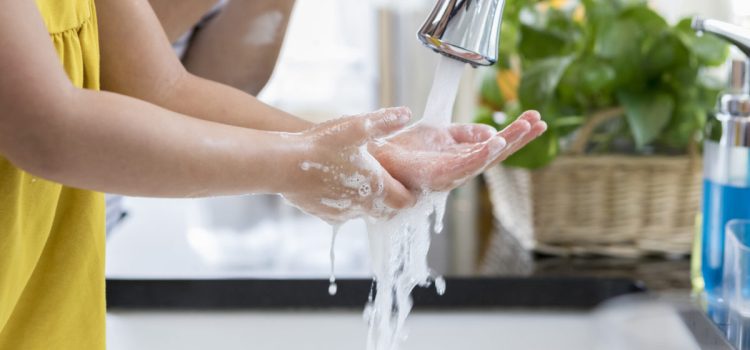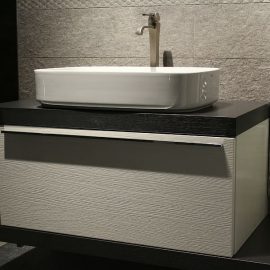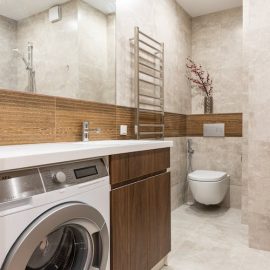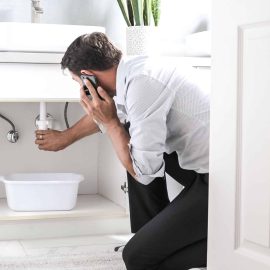
Water softener systems are ingenious devices designed to combat hard water problems. Hard water contains high levels of minerals like calcium and magnesium, which can lead to limescale buildup in pipes and appliances, as well as dry skin and dull hair. Water softeners work by removing these minerals, replacing them with sodium ions through a process called ion exchange. In this article, we will explore the benefits of water softener systems and how they can transform your daily water usage experience.
What Is a Water Softener?
 A water softener is a device that removes minerals from hard water. Hard water contains high levels of calcium and magnesium, which can cause a variety of problems, such as:
A water softener is a device that removes minerals from hard water. Hard water contains high levels of calcium and magnesium, which can cause a variety of problems, such as:
- Scale buildup on fixtures and appliances
- Clogged pipes
- Dry, itchy skin
- Damaged hair
- Poor lather from soap
Water softeners work by exchanging the hard minerals in water for sodium ions. The sodium ions are then flushed down the drain.
There are two main types of water softeners:
Salt-based softeners: These are the most common type of water softener. They use a brine solution to exchange the hard minerals in water for sodium ions.
Salt-free softeners: These softeners do not use salt. Instead, they use a process called ion exchange to remove the hard minerals from water.
How do I choose the right water softener for my home?
The size of your home, the number of people who live in it, and the hardness of your water will all affect the size and type of water softener you need. You should also consider your budget when choosing a water softener.
If you are not sure what size or type of water softener you need, it is a good idea to consult with a water treatment professional. They can help you choose the right system for your home and budget.
How do I install a water softener?
 The installation of a water softener will vary depending on the type of softener you choose and the location of your water supply. However, most water softeners can be installed by a qualified plumber.
The installation of a water softener will vary depending on the type of softener you choose and the location of your water supply. However, most water softeners can be installed by a qualified plumber.
If you are installing a salt-based water softener, you will need to connect it to a brine tank. The brine tank will hold the salt solution that is used to exchange the hard minerals in water for sodium ions.
Once the water softener is installed, you will need to flush it out. This will remove any air that may be trapped in the system.
How do I maintain a water softener?
Water softeners require regular maintenance to keep them working properly. You will need to add salt to the brine tank on a regular basis. The frequency of salt additions will vary depending on the size of your water softener and the hardness of your water.
You will also need to backwash the water softener on a regular basis. Backwashing removes any minerals that have accumulated in the softener’s resin bed.
How much does a water softener cost?
The cost of a water softener will vary depending on the size, type, and features of the system. Salt-based softeners are generally less expensive than salt-free softeners.
The cost of installation will also vary depending on the location of your water supply and the complexity of the installation.
Are there any government rebates for water softeners?
Some states and municipalities offer rebates for water softeners. These rebates can help to offset the cost of purchasing and installing a water softener.
To find out if there are any rebates available in your area, you can contact your local water utility or a water treatment professional.
The Benefits & Drawbacks of Water Softener Systems
Benefits:
- Water softeners remove hard minerals from water, which can make it feel softer and more pleasant to use.
- Water softeners can help to reduce scale buildup and keep your home’s water system in good condition.
- Water softeners can also improve the overall quality of your water. This can make it easier to lather soap, wash clothes, and take a bath.
Drawbacks:
- Water softeners can be expensive to purchase and install.
- Salt-based water softeners require the use of salt. This can add to the cost of operating the system.
- Water softeners produce wastewater. This wastewater can contain salt and other minerals that can be harmful to the environment.
Water softeners require regular maintenance. This includes adding salt, backwashing the system, and inspecting the system for leaks.



